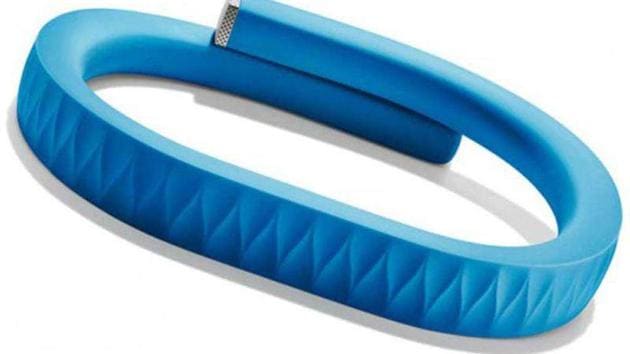Wearable sweat sensor could help diagnose diseases like cystic fibrosis, diabetes
The new wearable sweat sensors can now help diagnose diseases like diabetes and cystic fibrosis. This they do by detecting the presence of different molecules and ions.
An ultra-sensitive, wearable sweat sensor may improve diagnosis and treatment of cystic fibrosis, diabetes and other conditions, researchers said Monday.

Unlike previous sweat sensors, the new model requires only a trace of moisture to do its job and doesn’t require patients to sit still for 30 minutes while it collects sweat.
“This is a huge step forward,” said co-author Carlos Milla, associate professor of pediatrics at Stanford University.
The wearable device, designed in collaboration with researchers at the University of California, Berkeley, contains flexible sensors and microprocessors that stick to the skin and stimulate sweat glands.
It detects the presence of different molecules and ions -- for instance, sweat that contains more chloride generates a higher electrical voltage at the sensor’s surface.
High chloride ion levels may indicate cystic fibrosis, while high blood glucose levels are a sign of diabetes.
The sensor electronically transmits the results for analysis and diagnostics, according to the report in the Proceedings of the National Academy of Sciences.
Researchers hope the sensor might one day aid drug development and drug personalization for cystic fibrosis, a genetic disease that causes mucus to build up in the lungs and pancreas, and which is notoriously hard to treat.
“CF drugs work on only a fraction of patients,” said Sam Emaminejad, who is now an assistant professor of electrical engineering at University of California, Los Angeles (UCLA).

“Just imagine if you use the wearable sweat sensor with people in clinical drug investigations,” he said.
“We could get a much better insight into how their chloride ions go up and down in response to a drug.”
More research is needed to see if the wearable sweat sensor would work consistently from one day to the next, since the contents of a person’s sweat can change frequently based on diet and other factors.
Researchers also hope to learn more about which molecules in sweat can be mapped and may provide the most useful information.
Follow @htlifeandstyle for more
Catch your daily dose of Fashion, Health, Festivals, Travel, Relationship, Recipe and all the other Latest Lifestyle News on Hindustan Times Website and APPs.



